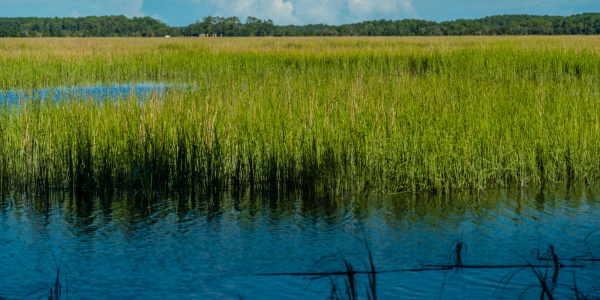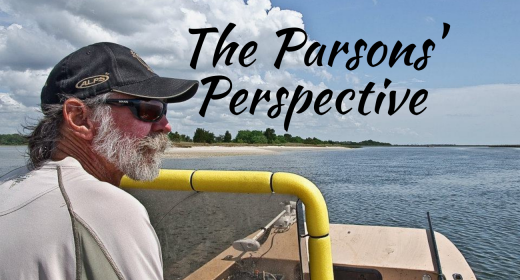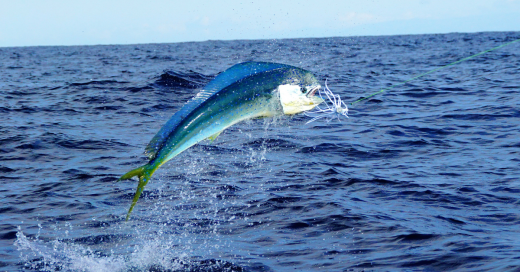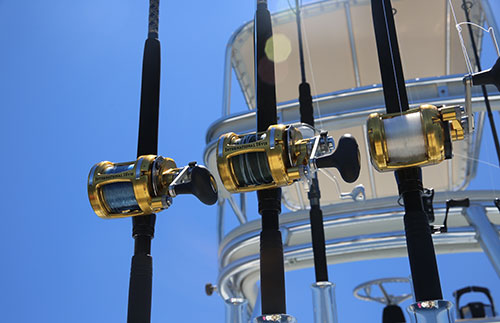Managing The Impact of Tides & Currents When Fishing
For many inshore fishermen, the impact of the tides and currents is something that is underestimated. Too many times anglers take to the water without considering how they can adjust their fishing plans to maximize the tides and currents of the day. However, there are several ways that you can approach your day of fishing with strategies that
take advantage of ever-changing tides and current movements.
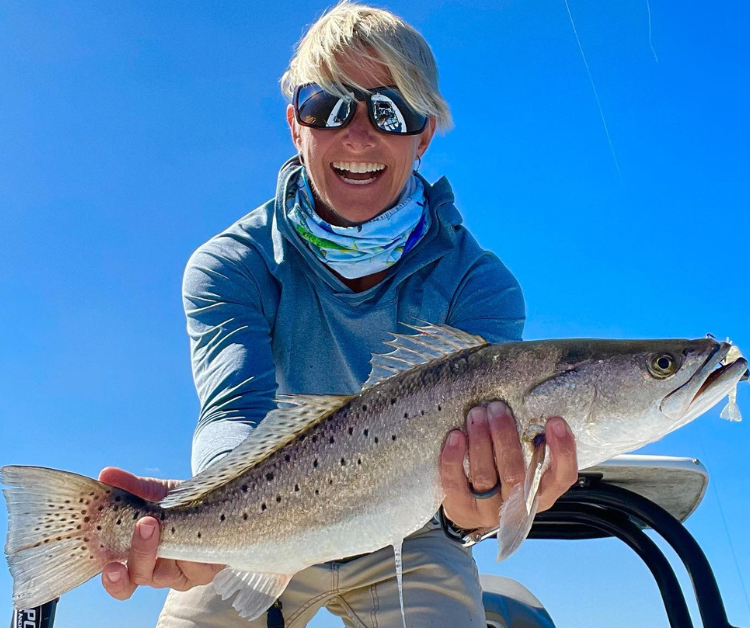 You can start by finding out what the tides will be doing on the day of your
You can start by finding out what the tides will be doing on the day of your
planned trip and when they will be changing. This is an important piece of information since that’s when fish feed and you will have a higher bite probability with a tide that’s moving either in or out. The slack tides have a lower success rate because the bait fish aren’t moving as aggressively, thus making the bite during
that time much slower. Also, the rise and fall of the tide serves as a means to estimate the speed of the water, which is important in how you choose the type of lure, and more importantly, the size and weight needed. Just like the tide changes that move the water in and out, the current plays a big role when it comes to bait movement. The smaller bait is mostly moved by the current and if there is little or no current there is little or no bait. As a result, the fish you’re targeting will move on to seeking other bait or feeding sources.
While I prefer to fish in low water, there will be times that the fish are around at high
tide too. I find that fishing these slack tides is a good time to schedule my most
active fishing. However, when the strong tide moves, the fishing nearly always
slows. This is because it requires too much energy from the fish, and they resort to
finding spots where the water is not as impacted by the swift current. While we
need tide flow to move the bait fish, it’s best when it’s at a reduced speed for the
most optimum fishing experience.
Other factors that I recommend include watching out for the “King Tides”. These larger-than-normal tides can and will have a significant impact on the fishing for the few days that are present. While it can be a big help for moving fish in that results in great fishing, the large tides can move them out as well. Fishing a “King Tide” can be difficult at times.
Last, but certainly not least, always remember that the wind can play a key role in the movement of the water and how it impacts your fishing. These are all circumstances that have a substantial impact. The more you know, understand, and plan based on
this information, the better your fishing results will be.

You may be interested
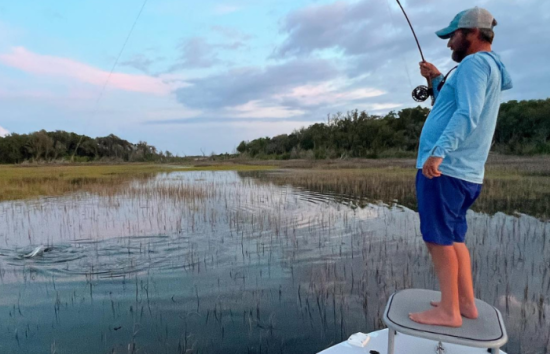
Sight Fishing Like A Pro
Tim Wilson - June 19, 2025Sight fishing can be a rush when done right. It’s taking your inshore fishing to the next level with a dose of adrenaline. It requires great upper-level…
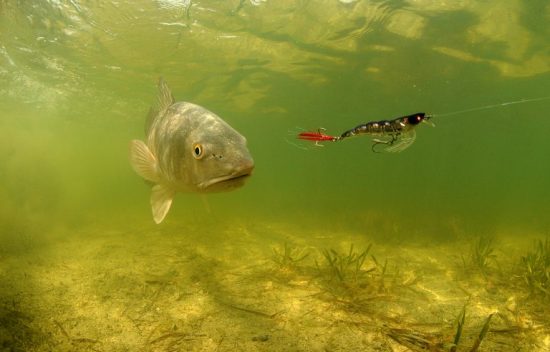
My Fishing Spot’s Better Than Yours…..Increase Your Your Hotspots
Tim Wilson - June 9, 2025Every angler has their favorite go-to spots—the kind of place where they landed great fish just a few months back. It might be a familiar dock or…
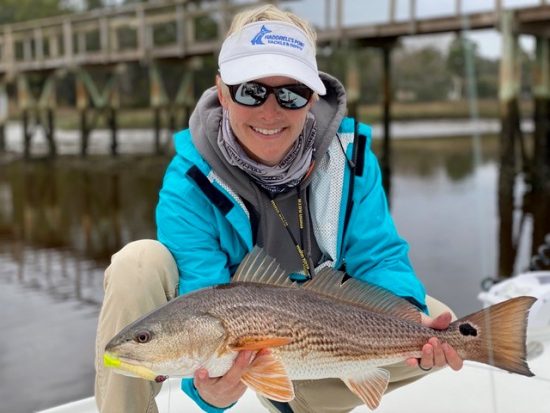
Pre-Planning For the Next Day’s Fishing Trip Like a Pro
Tim Wilson - June 9, 2025While many saltwater anglers just roll out of bed and head to the boat ramp, the top-notch fisherman has a different approach. It starts before the day…

